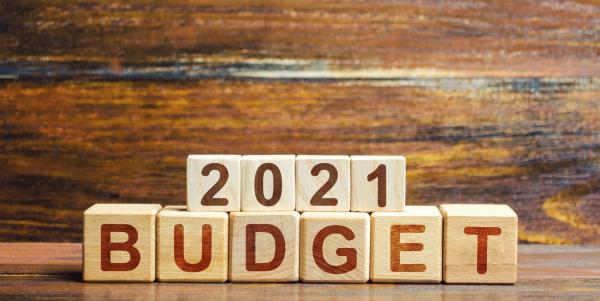
SEISS extension welcome but newly self-employed may still fall through the cracks
The Association of Taxation Technicians (ATT) welcomes today’s announcement of the extension to the Self-Employment Income Support Scheme (SEISS) to include those who started to trade in tax year 2019/20, but cautions that not all of them will qualify for a grant.
In the Budget presented by the Chancellor today (3 March 2021) it was announced that future grants under the SEISS will take into account tax returns for tax year 2019-20 for the first time.
Jeremy Coker, President of the ATT, said:
“This announcement is very welcome, as it means the scheme is now open potentially to individuals who became self-employed for the first time between 6 April 2019 and 5 April 2020.
“But it should not be assumed that all of these individuals will now qualify for a grant.”
Jeremy Coker continued
“In particular, to be eligible for future grants under the SEISS, individuals will need to have filed their self-assessment tax return by midnight on 2 March 2021. Anyone who has not yet filed their return is therefore prevented from making a claim
“Those who moved from employment to self-employment part way through tax year 2019/20 may also struggle to meet the requirement of having trading profits which are at least equal to their non-trading income. For example, an individual who left a job in December 2019 and then started a self-employed business in January 2020 could easily find that their salary in the tax year exceeded their trading profits, meaning they are not entitled to a SEISS grant.
“There are a number of qualifying conditions which need to be met to be eligible for a SEISS grant. Individuals will need to review these carefully and make sure they meet them all before proceeding with a claim when the service opens in late April."
Notes for editors
1. More information on the extension to the SEISS announced on Budget day can be found on GOV.UK.














